Menu
Menu
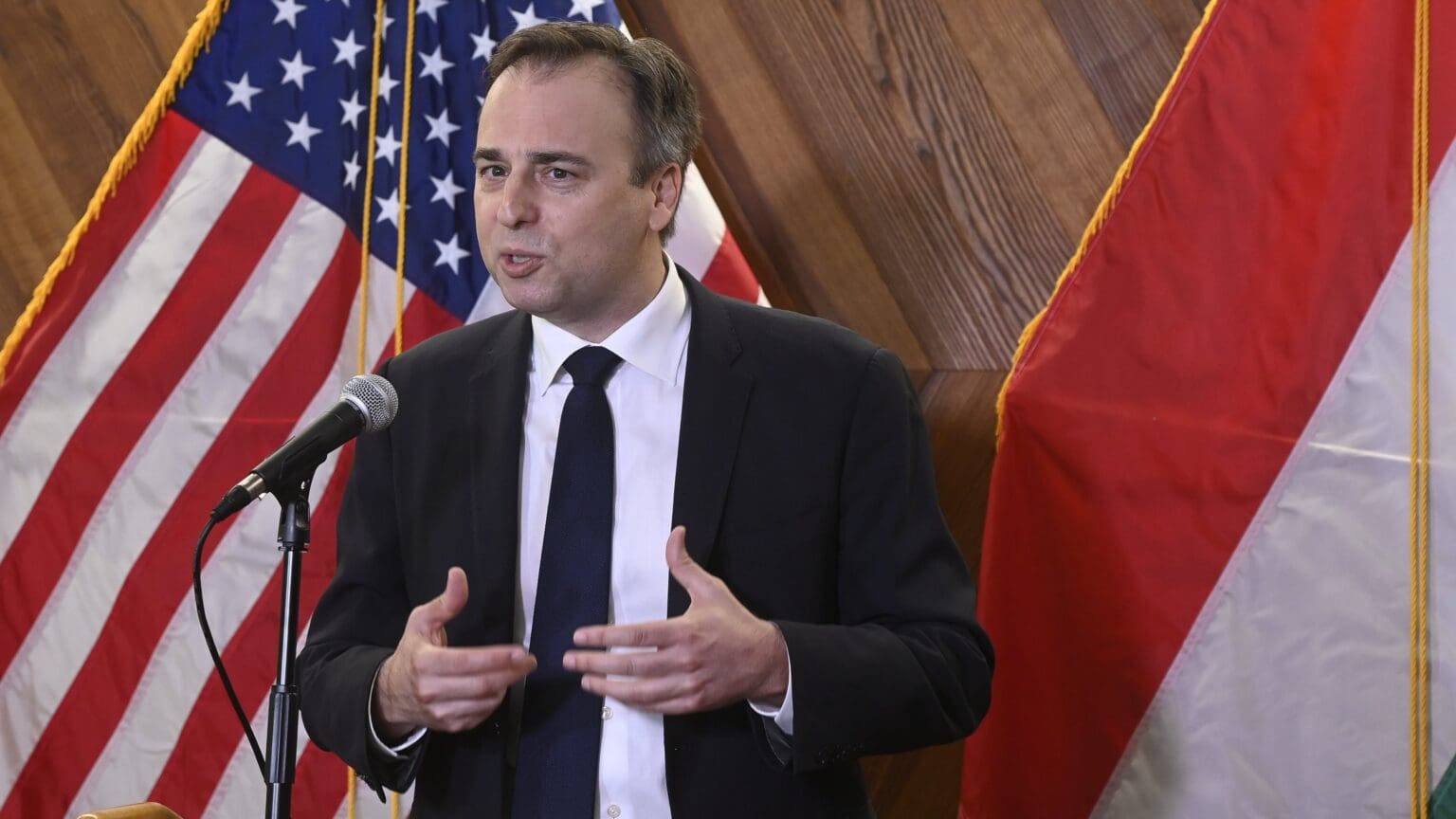
The US Ambassador announced that three senior officials of IIB, including a Hungarian citizen, Imre Laszlóczki, and two Russian nationals, Nikolai Kosov and Georgi Potapov have been placed on the list of sanctioned individuals. IIB is a platform for Russia to extend its influence in the region, and is therefore a potential threat for both the European Union and its Western allies, Pressman stated.
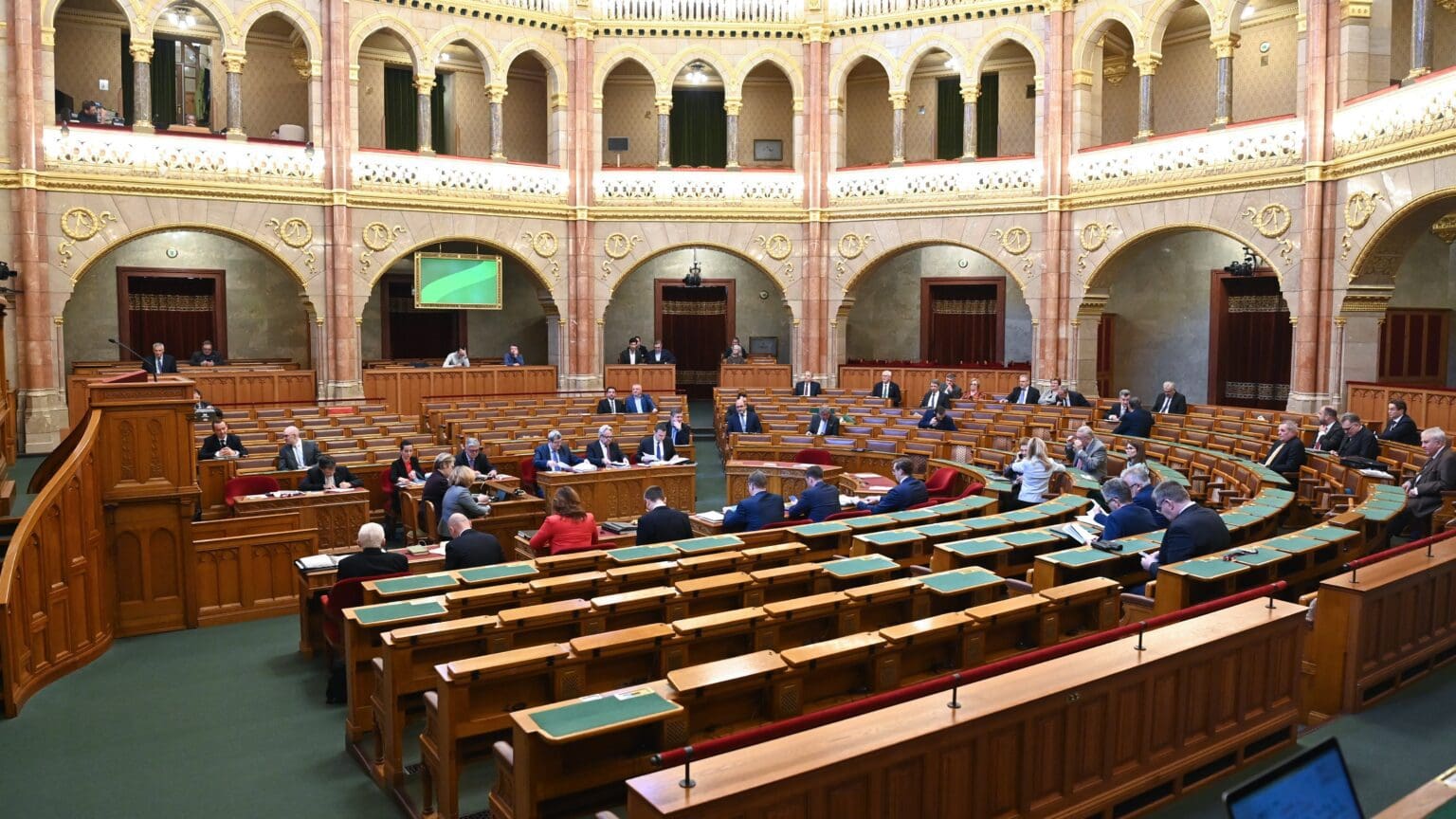
The new law just passed by the National Assembly provides additional protections to whistleblowers; as well as ascribes duties to create confidential abuse report systems to private companies of a certain size and institutions in the public sector.
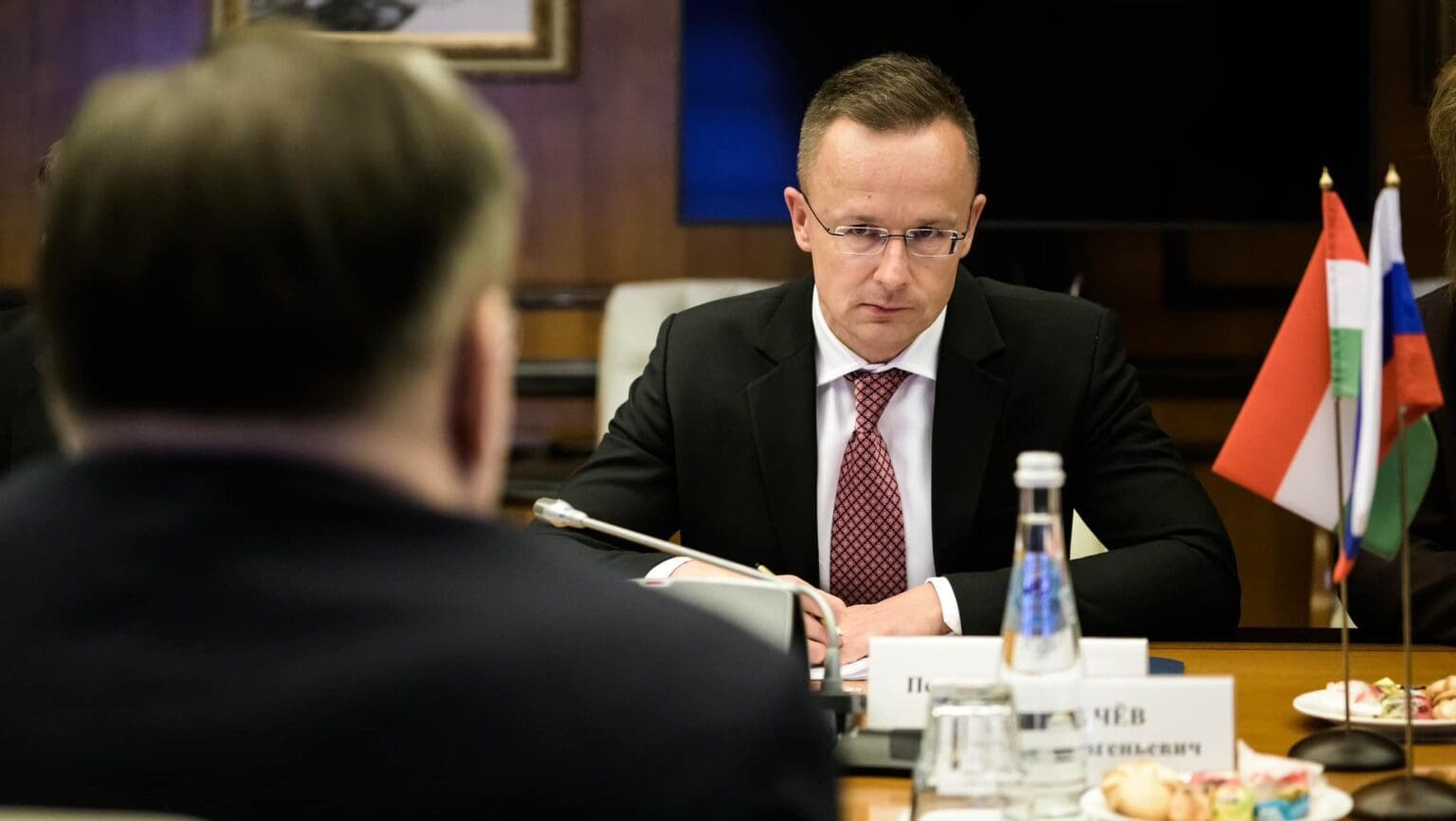
The foreign minister emphasised right after winter, ‘in Europe, it is fashionable to strut about with great bravado these days,’ but the International Energy Agency recently issued an ‘ominous’ report indicating that the most severe difficulties are expected to come in the next heating season when supply security will be critical.
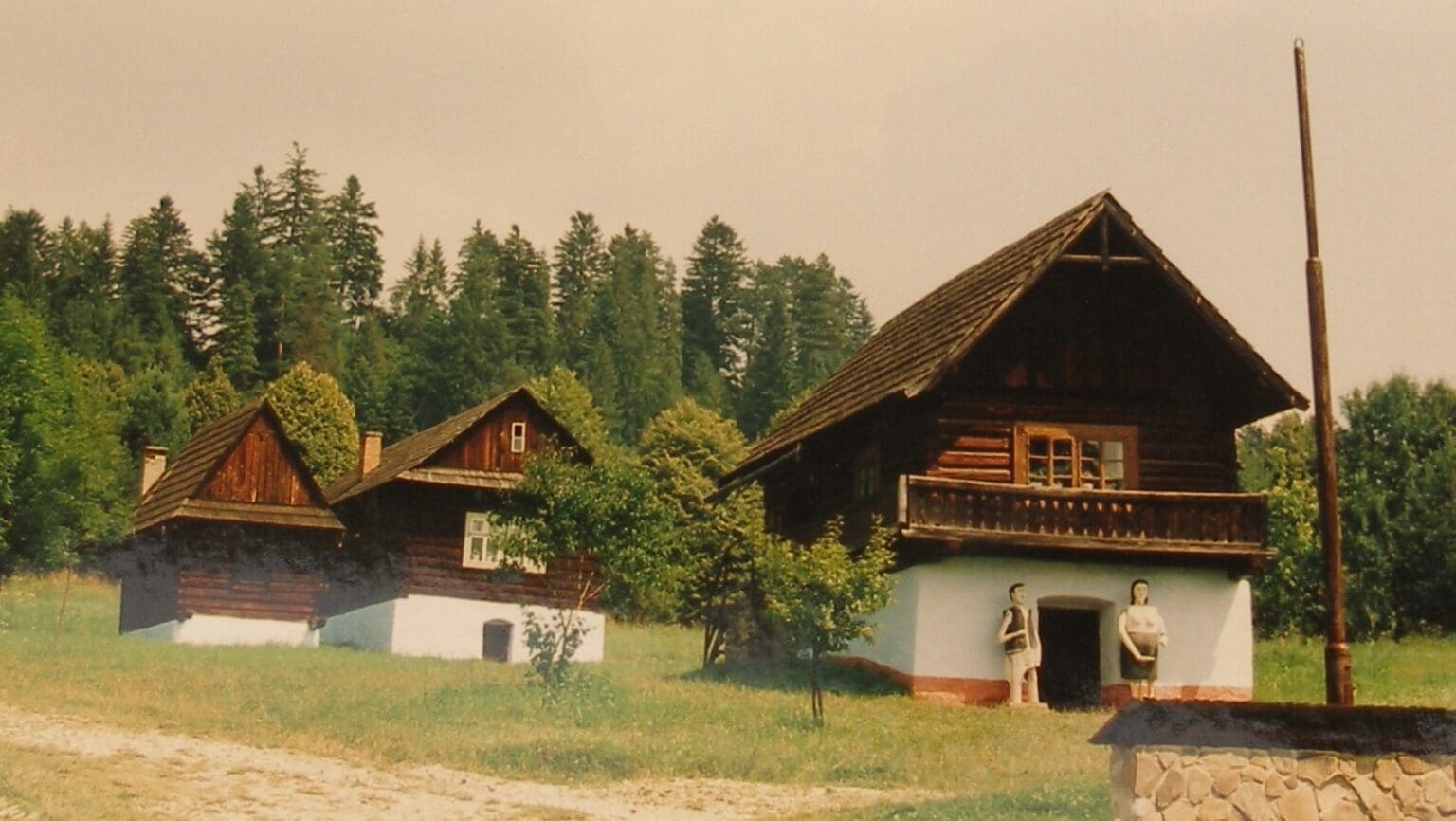
Experts fear that the government are making it difficult to claim these parcels on purpose; and that the former land confiscations by Slovak authorities have effects that still linger.
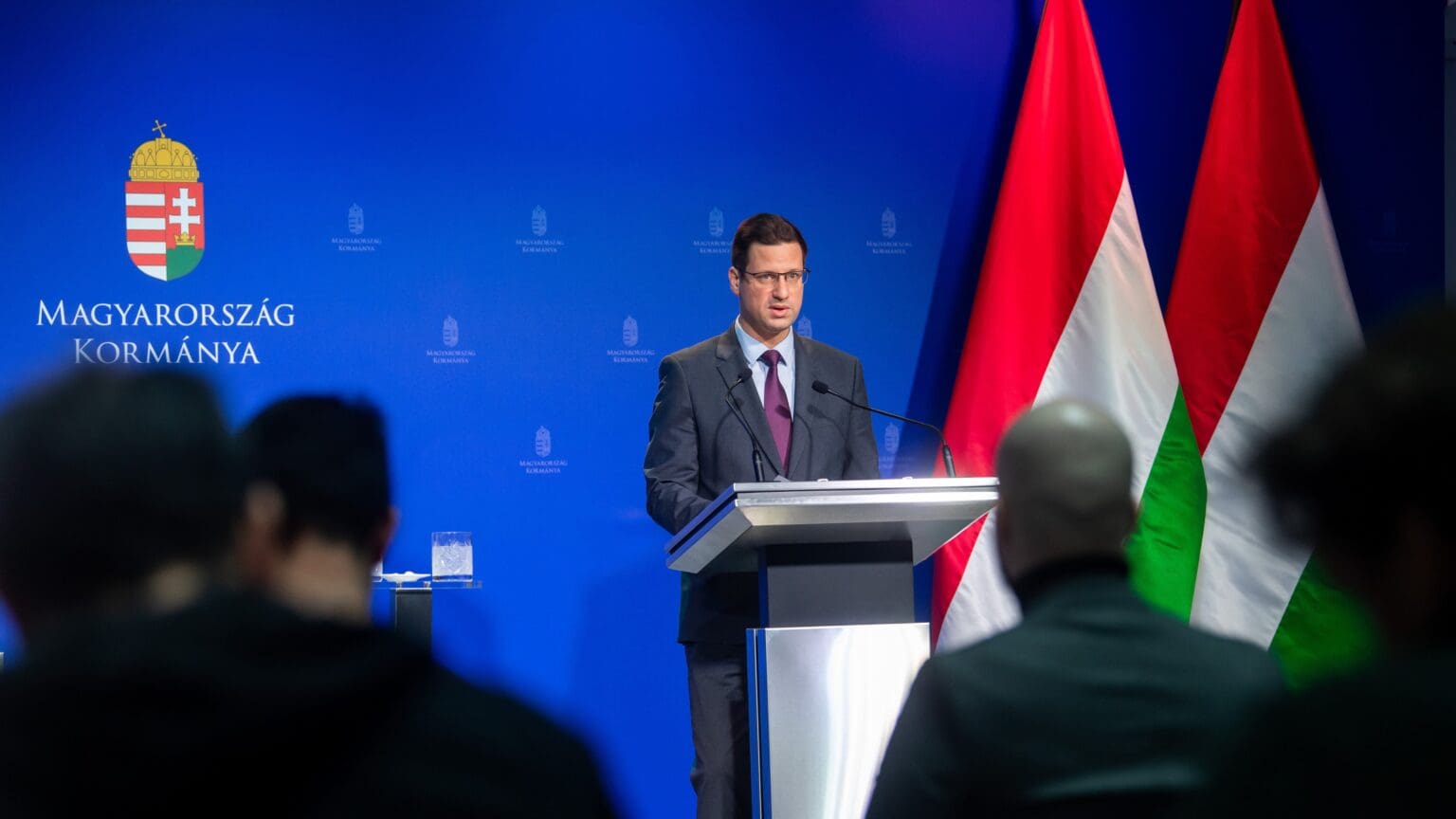
After reviewing the energy situation at the cabinet meeting on Wednesday, the government determined that all necessary resources are at its disposal to keep in place the utility cost reduction programme for households with average energy consumption.
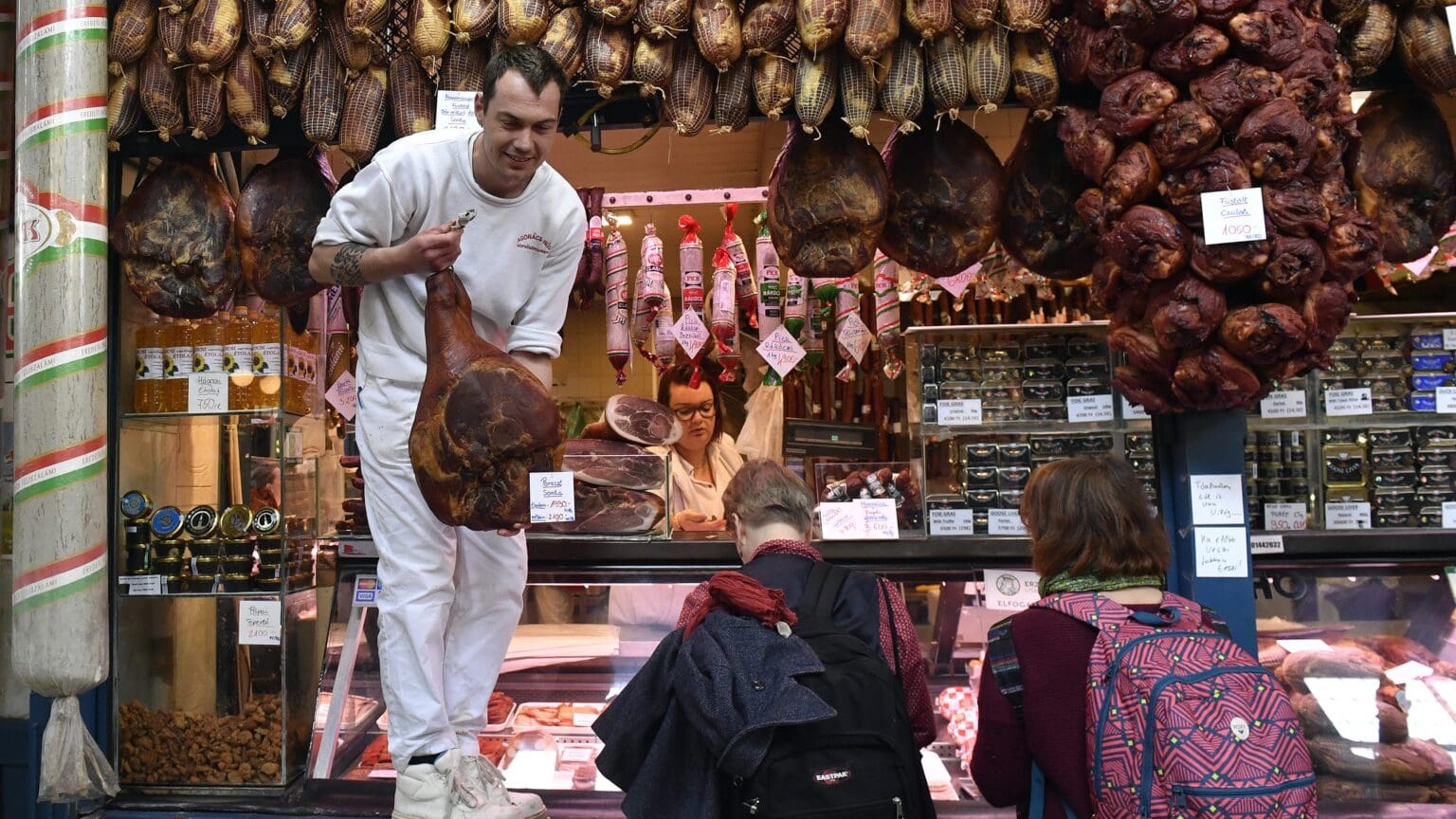
To make the process of reducing inflation as strong and significant as possible, all possible tools must be used, they added. For this reason, in collaboration with the government, the Hungarian Competition Authority is establishing an online price monitoring system based on international examples, which contributes to increasing market competition and preventing overpricing.

The government supports the planned development works of Hungaroring in Mogyoród, and according to preliminary plans, the 2026 Hungarian Grand Prix will be held in the completely renovated facility.

French television regularly reports on accidents between pedestrians and often speeding scooter riders, and in Paris, rental scooters are a constant problem for the municipality, as people leave them at random spots, without any unified post-use regulations.
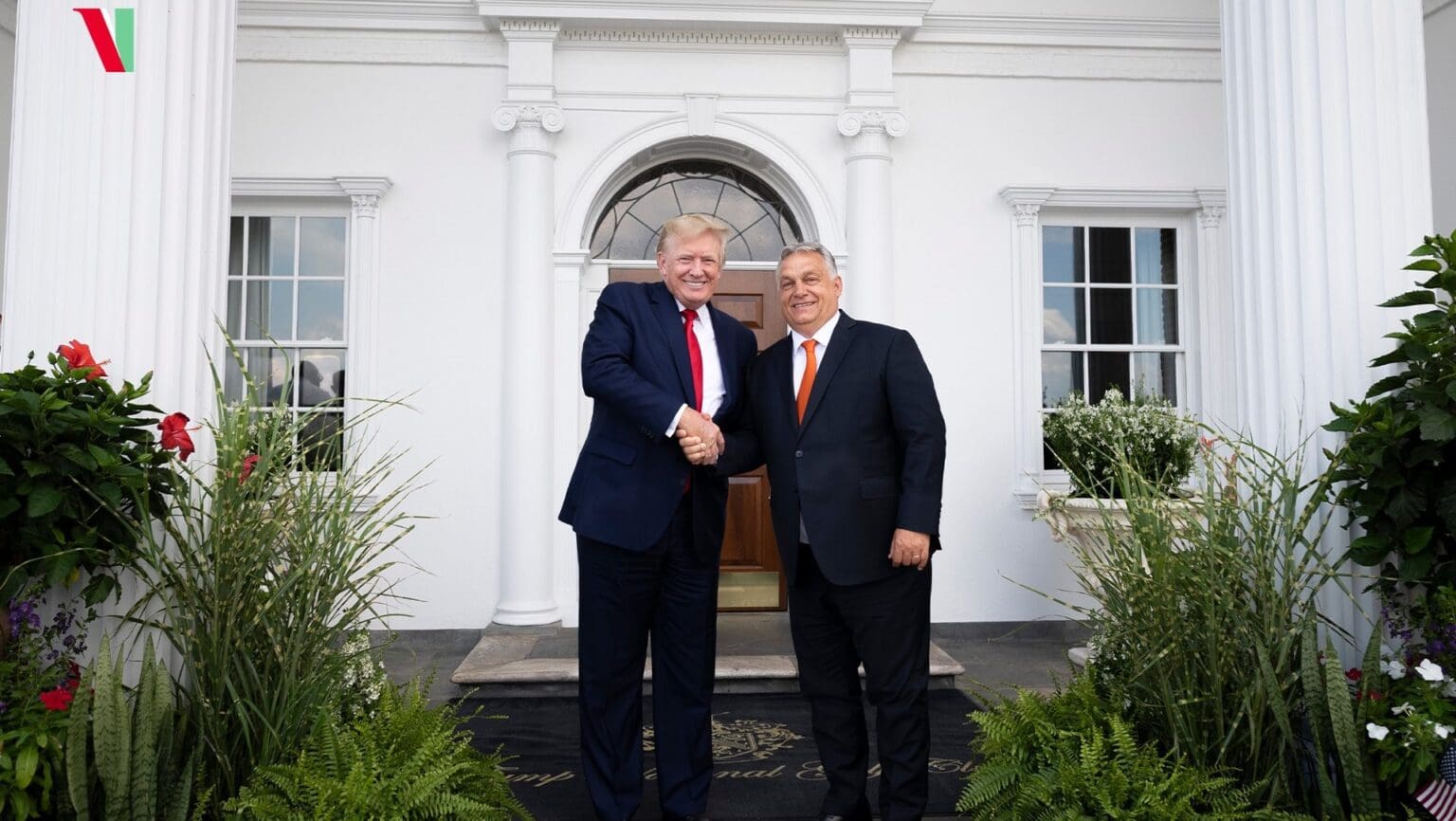
PM Orbán shared his message of support for the former US President on Twitter. Donald Trump faces 34 felony counts of falsifying business records in the first degree in New York City, all related to the same act, paying off a mistress to keep quiet about their affair. Democrat Senator John Edwards had a nearly identical case, which did not result in a conviction in 2012.
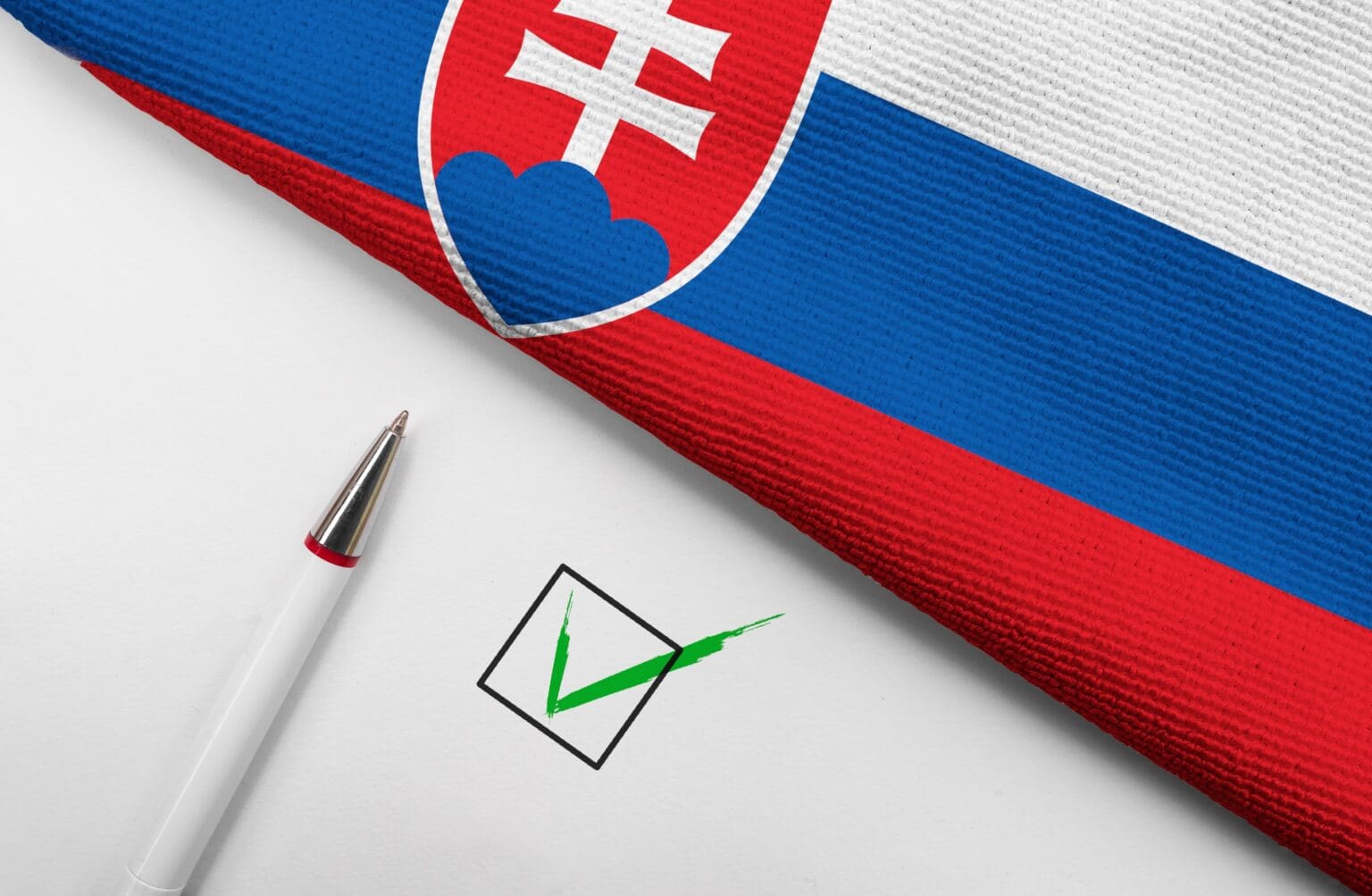
Ahead of the early elections in Slovakia, Hungarian minority parties are negotiating to create an election alliance, in order to maximise the chance of an ethnic Hungarian party being present again in the Bratislava parliament.
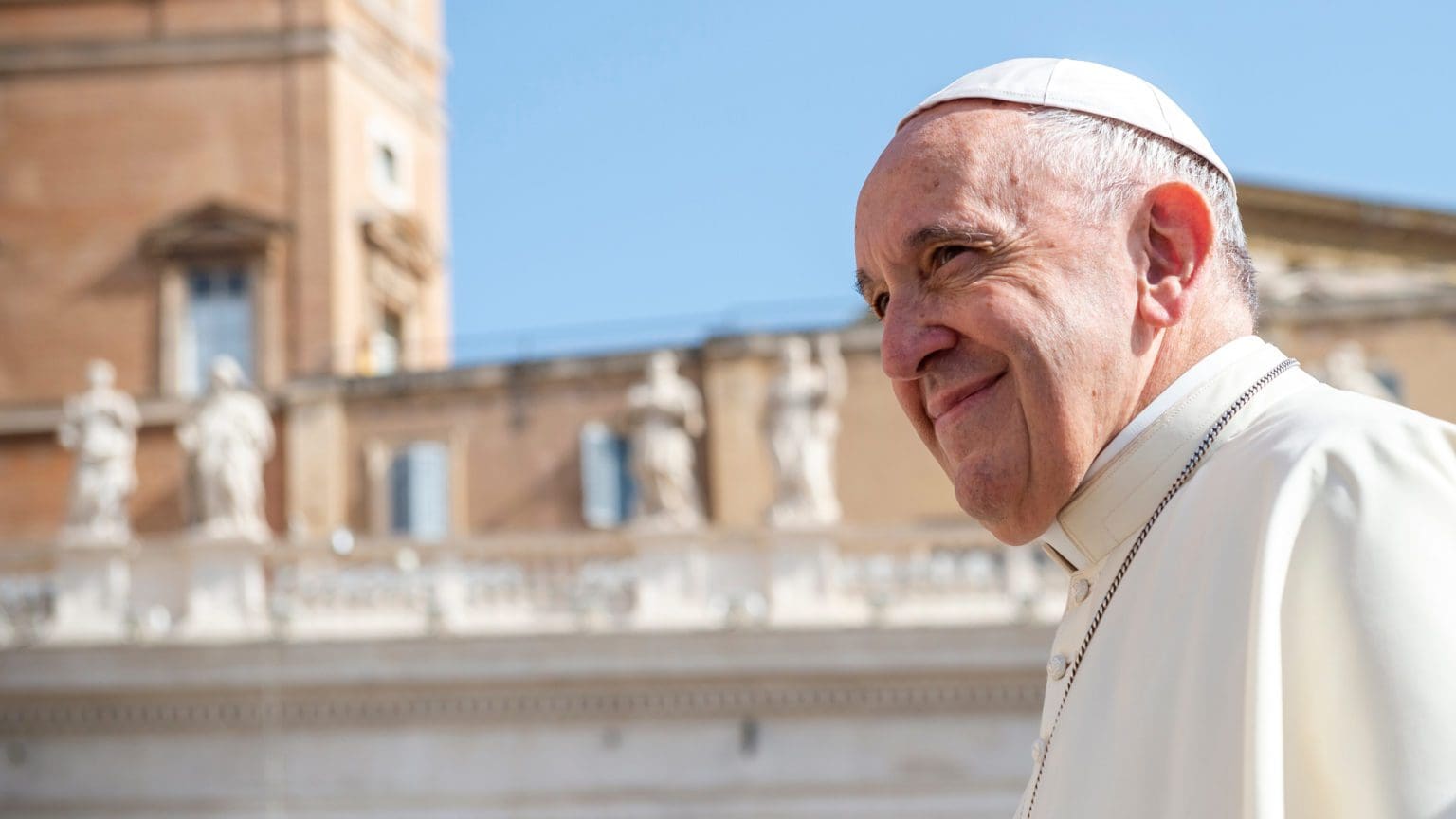
His Holiness was treated for bronchitis last week, after he had breathing difficulties as he finished his public audience in St Peter’s Square. His health thankfully won’t be impairing him during his busy Holy Week duties, nor on his Apostolic Journey to Hungary.

MFAT State Secretary Levente Magyar stated after inaugurating the Zahalca kindergarten near Kyiv that the new building ‘is a serious sign and indicator of how significantly Hungary is present in the reconstruction of Ukraine.’
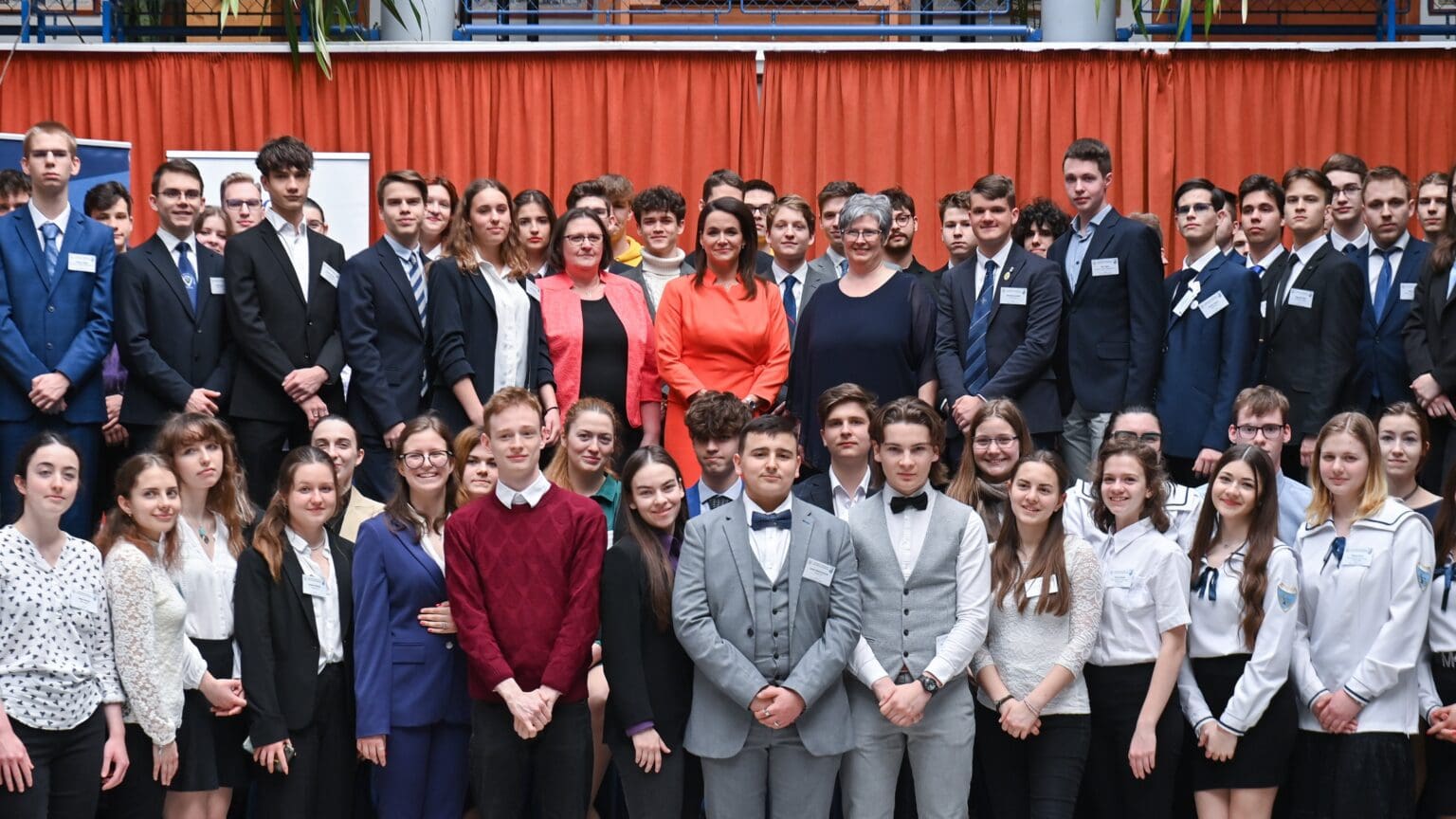
The President said there is a need for teachers who focus on the students, placing them at the centre of their work and keeping their long-term interests in mind.
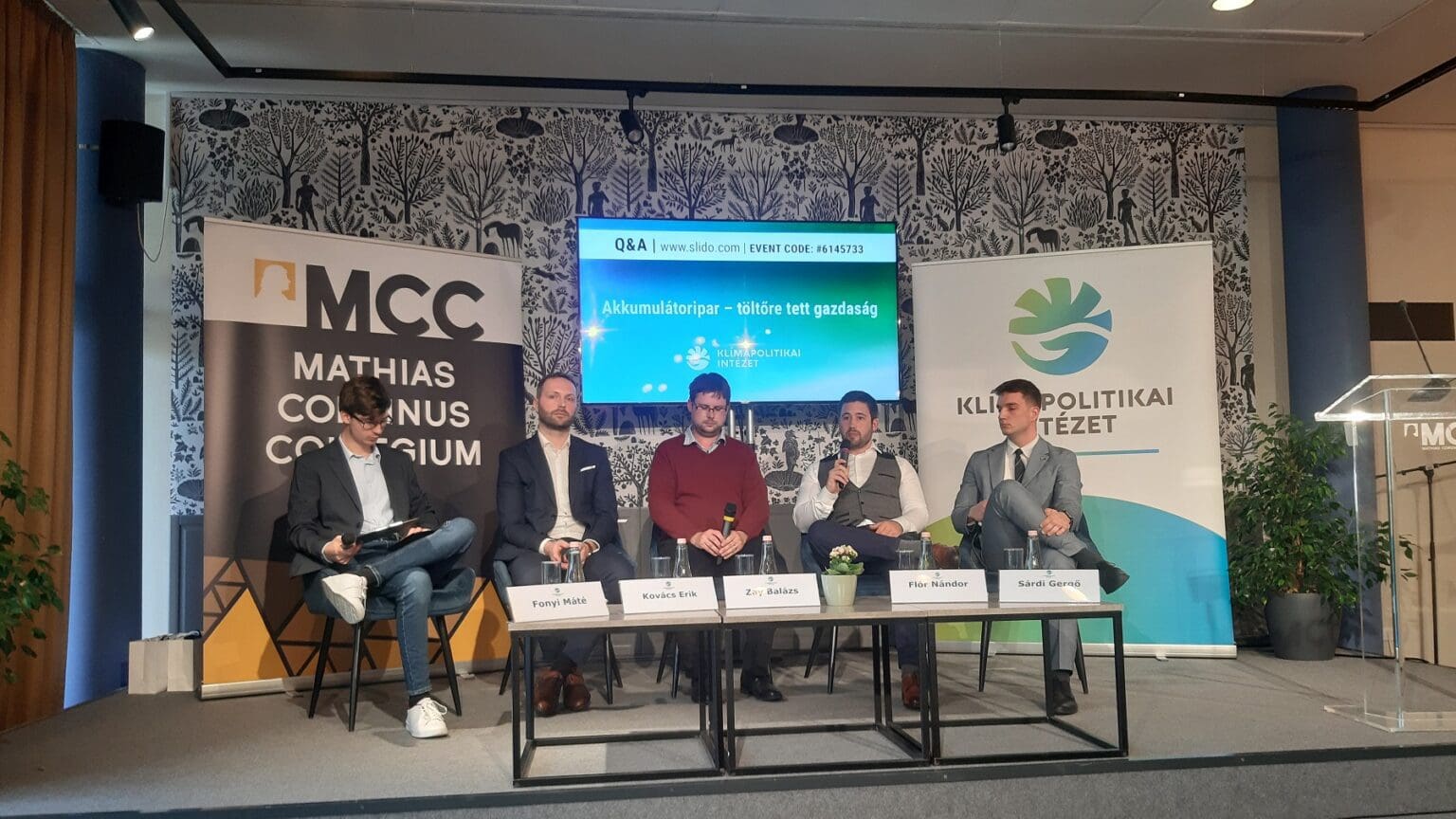
The expert speakers at the event expressed confidence that the much-talked-about plant will not be a major pollution source in the area, as there are legally mandated limits to harmful material emissions for every industrial facility. These regulations are stricter in Hungary than what’s required by the EU, as one of the panellists pointed out.
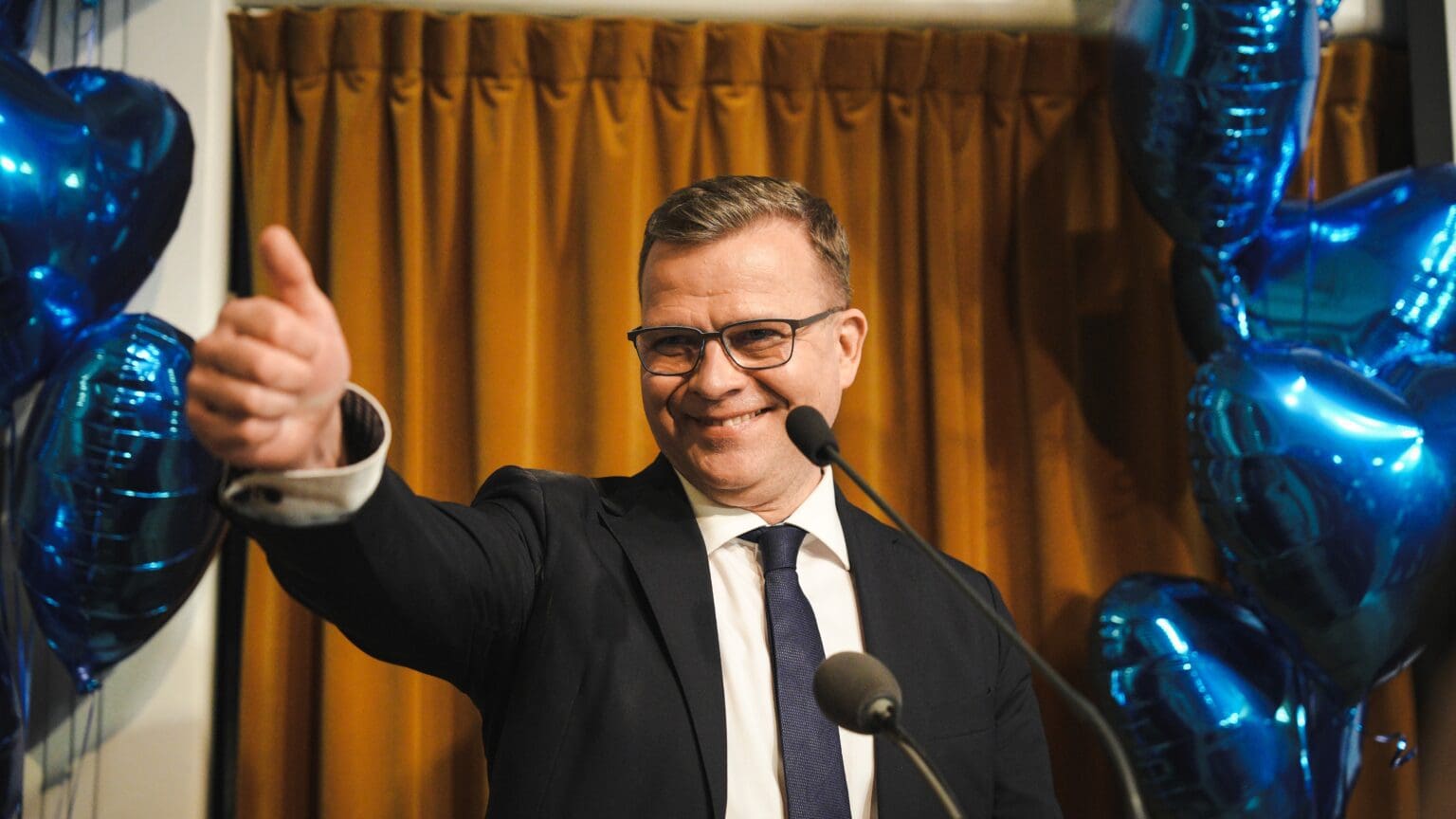
Since no party has won an absolute majority, a coalition government is expected, which is common in the country. However, it is not yet clear what kind of alliance will be established, although it seems likely that the two major right-wing parties will form a coalition government.
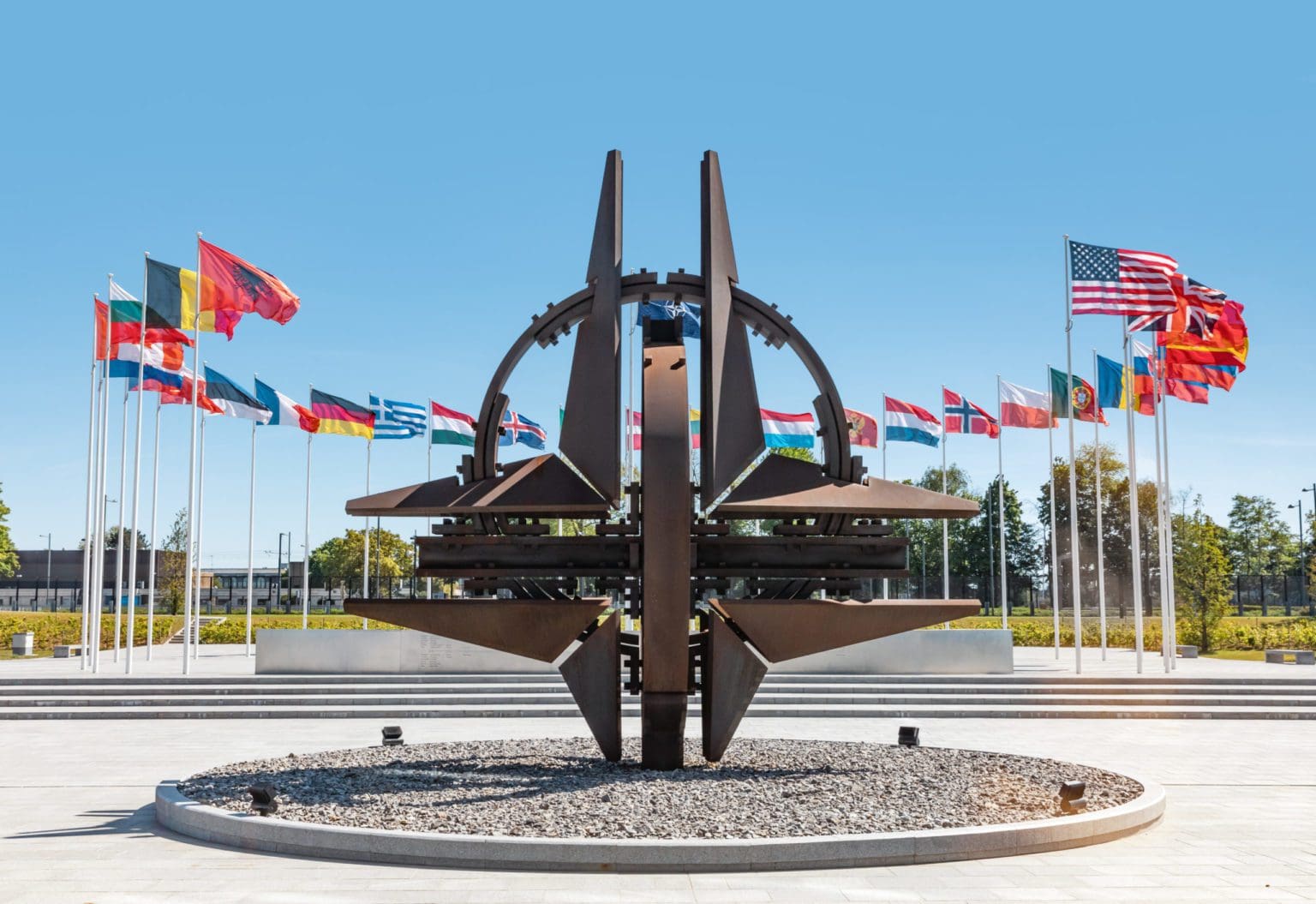
With Finland’s accession, NATO will become stronger, and as Finland becomes a safer place through membership, Sweden’s security environment will also improve and bring the country closer to full integration.
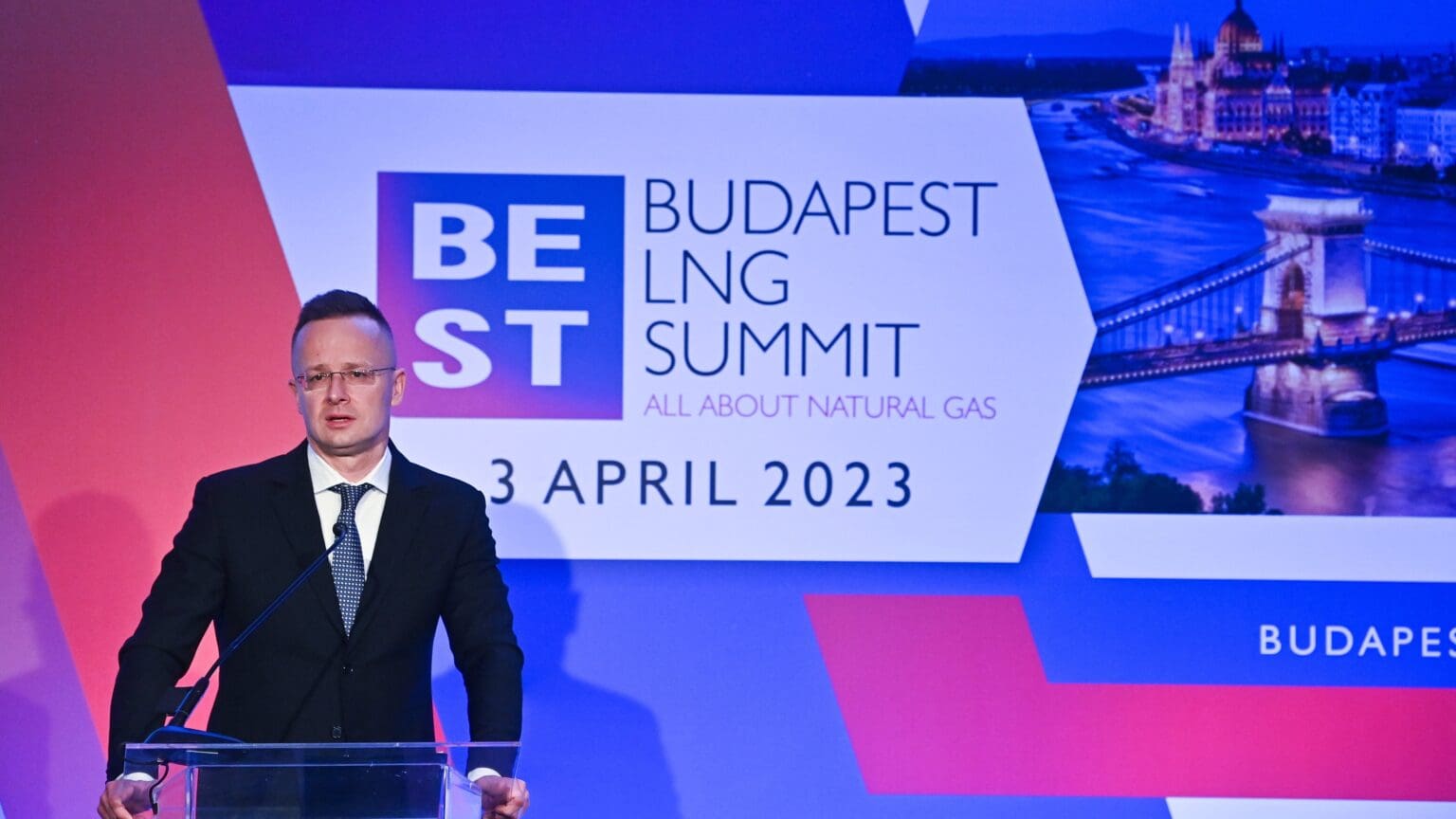
The minister emphasised that the current situation is lethal for Europe’s competitiveness, with gas prices seven times higher than in the United States and electricity three times higher than in China. ‘Under the current circumstances, the solution is to focus on the supply side instead of the demand and bring as much gas to the European market as possible,’ he nailed down.
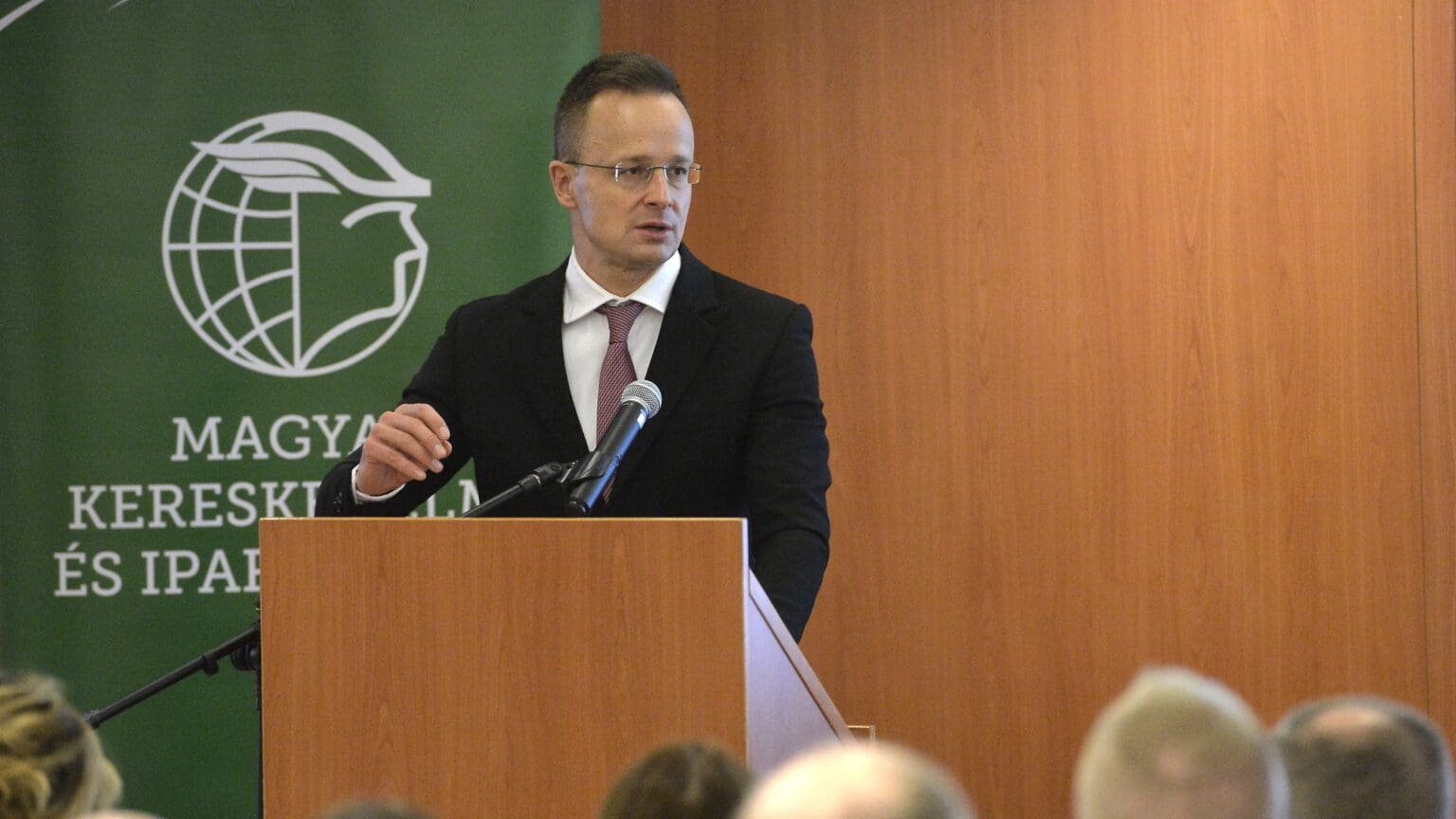
Péter Szijjártó pointed out that Hungary is already the world’s fourth-largest producer of electric batteries and that in the last thirteen months, batteries have been the country’s top export product.
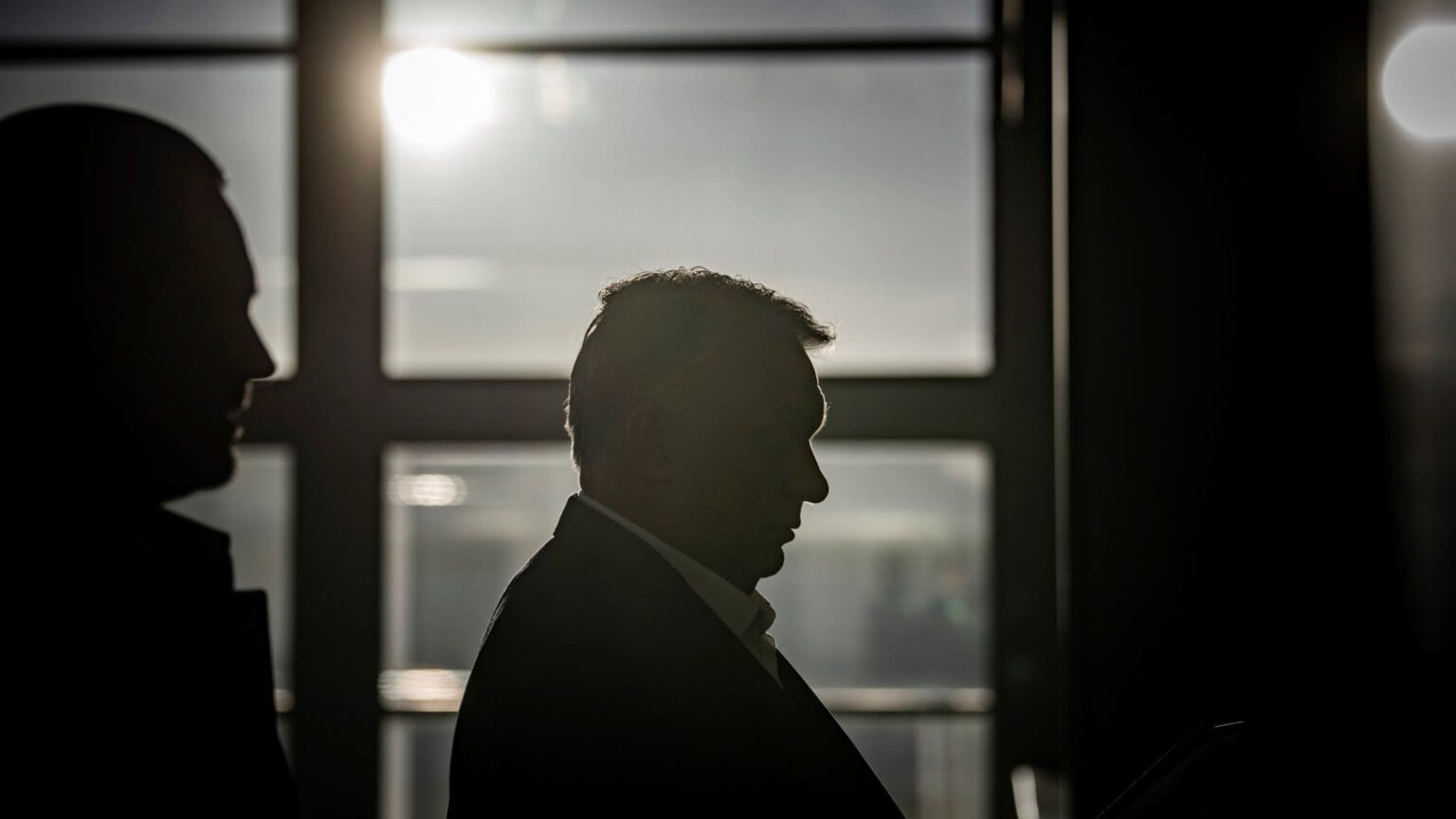
Viktor Orbán stated that the war is becoming increasingly violent and brutal. He remarked that it would be natural for more and more people to stand for peace as a result, but he does not see this intention among the majority of EU leaders.
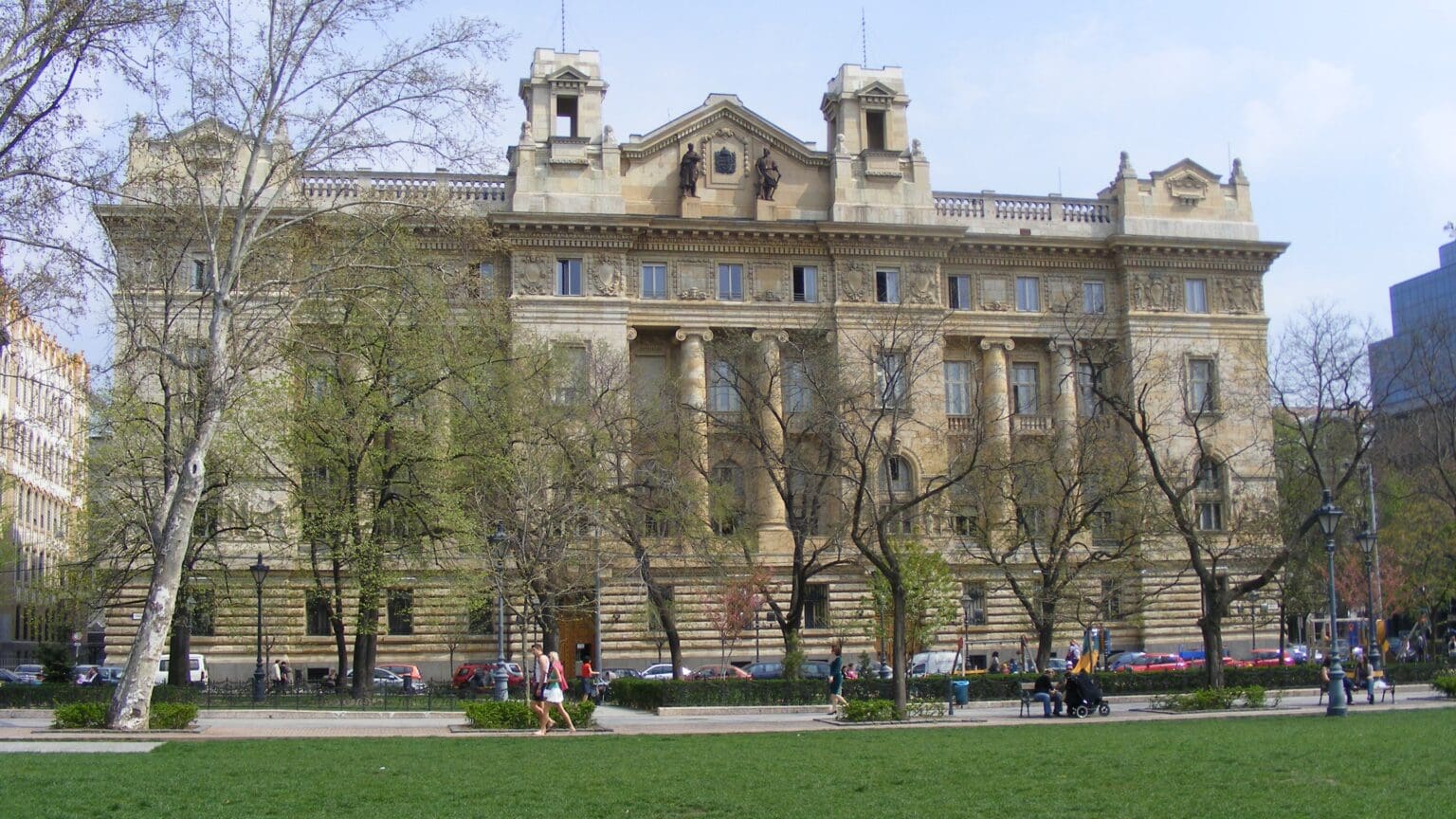
According to the National Bank’s forecast, slow disinflation is expected in March, followed by a strong disinflationary trend, with a good chance of reaching single-digit inflation by the end of the year.
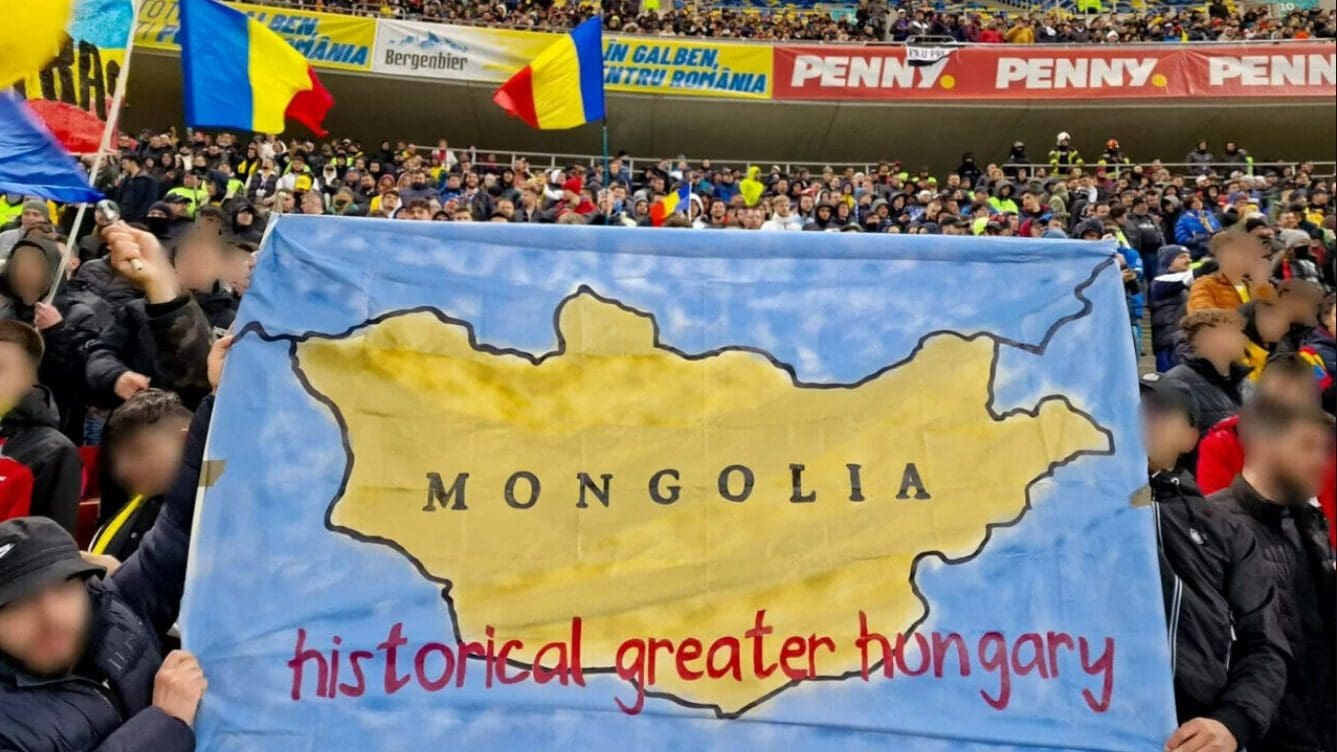
Romanian football fans engaged in their habit of chanting slogans degrading Hungary again at both of the European Championship qualifier games. What’s more, they also brought a banner mocking the Greater Hungary map and started a fight among themselves this time.
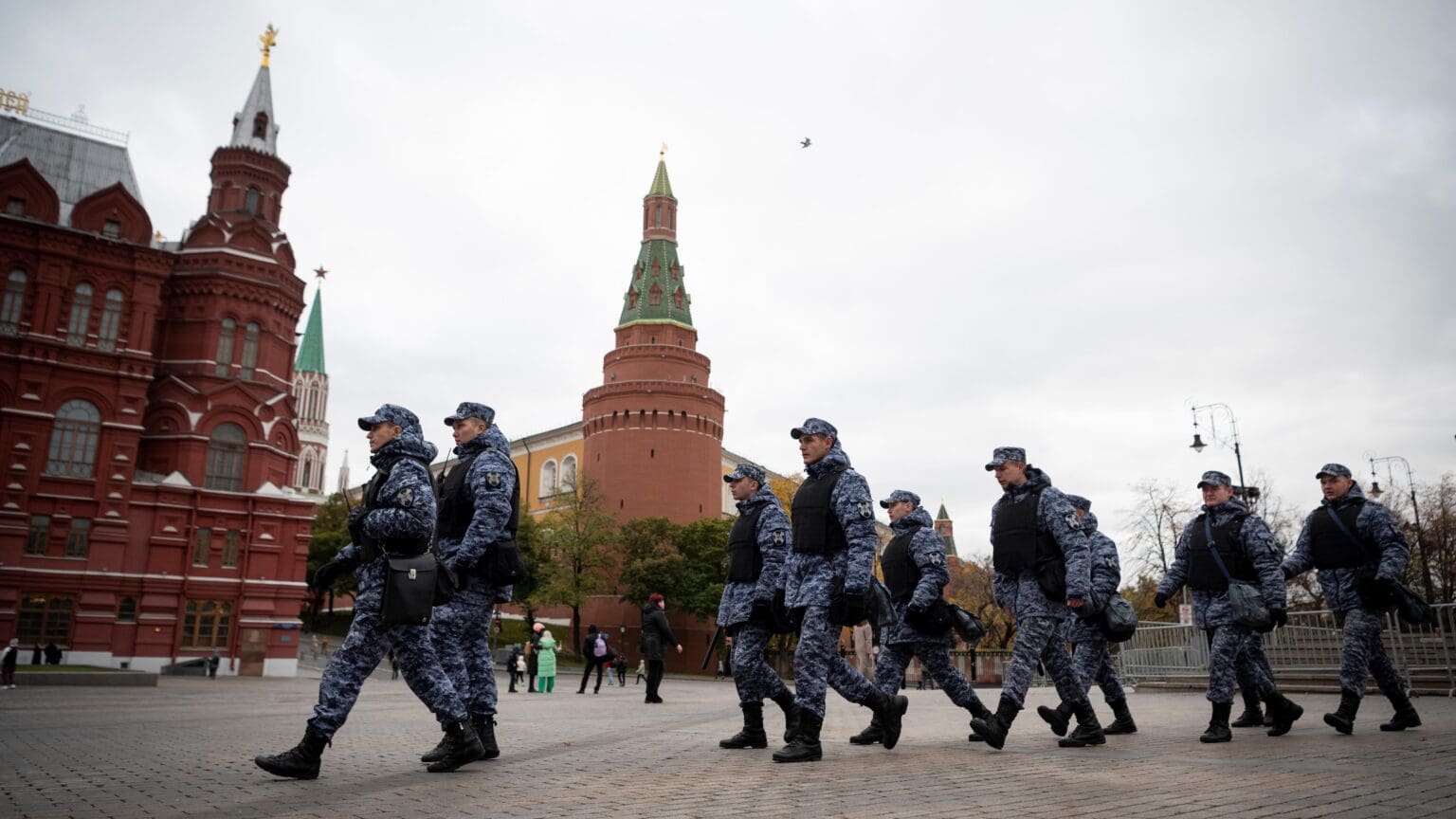
Two Russian ministries proposed that the Russian President issue a decree suspending agreements on the avoidance of double taxation with all countries that introduced unilateral economic sanctions against Russia during the war.
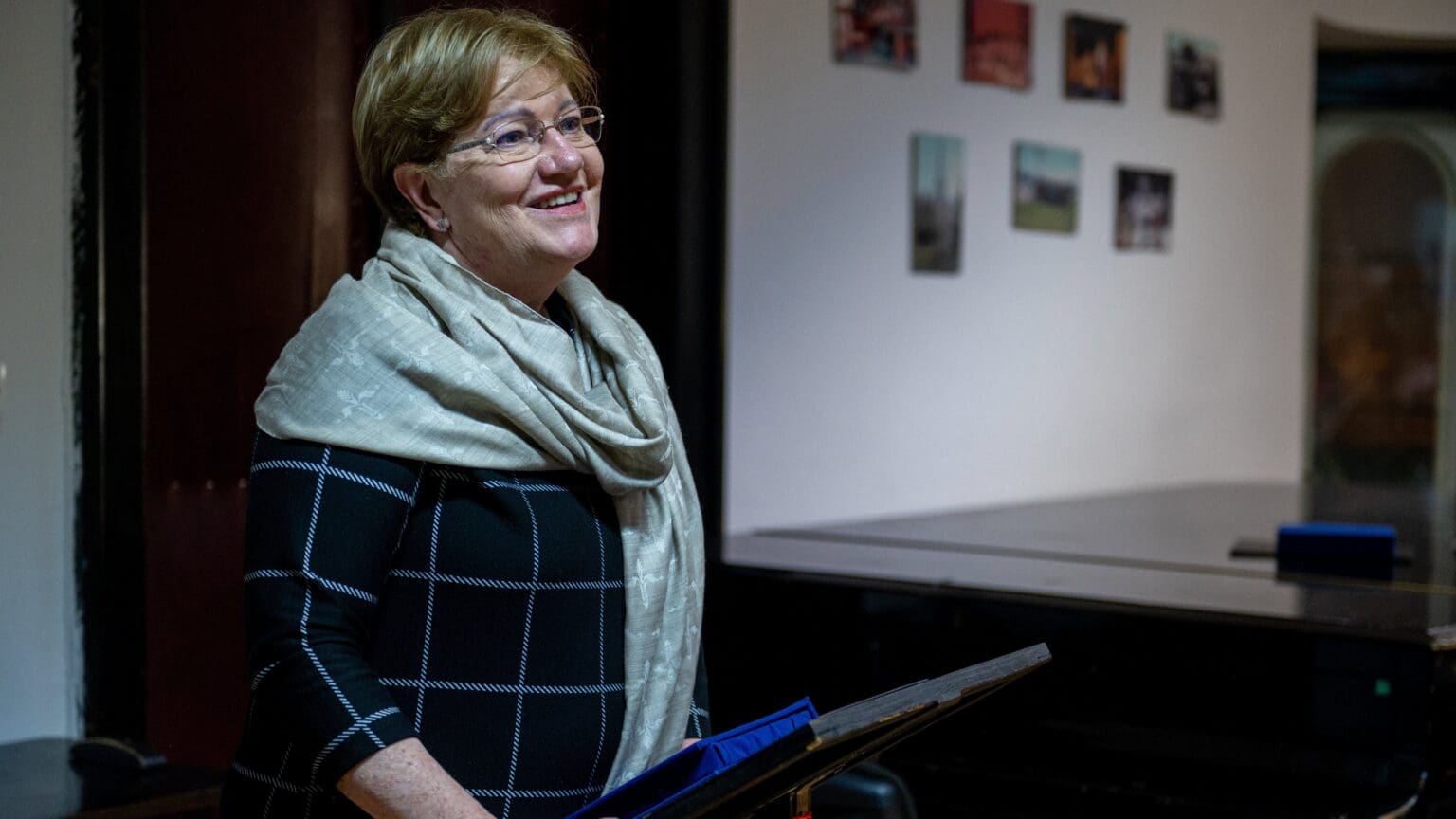
‘The cooperation between the National Council for Sustainable Development and the government has become exemplary with the adoption of the strategic framework. This cooperation is the guarantee for achieving our strategic goals in sustainability,’ Katalin Szili, the prime minister’s deputy chief adviser said, marking the tenth anniversary of the National Sustainable Development Framework Strategy.
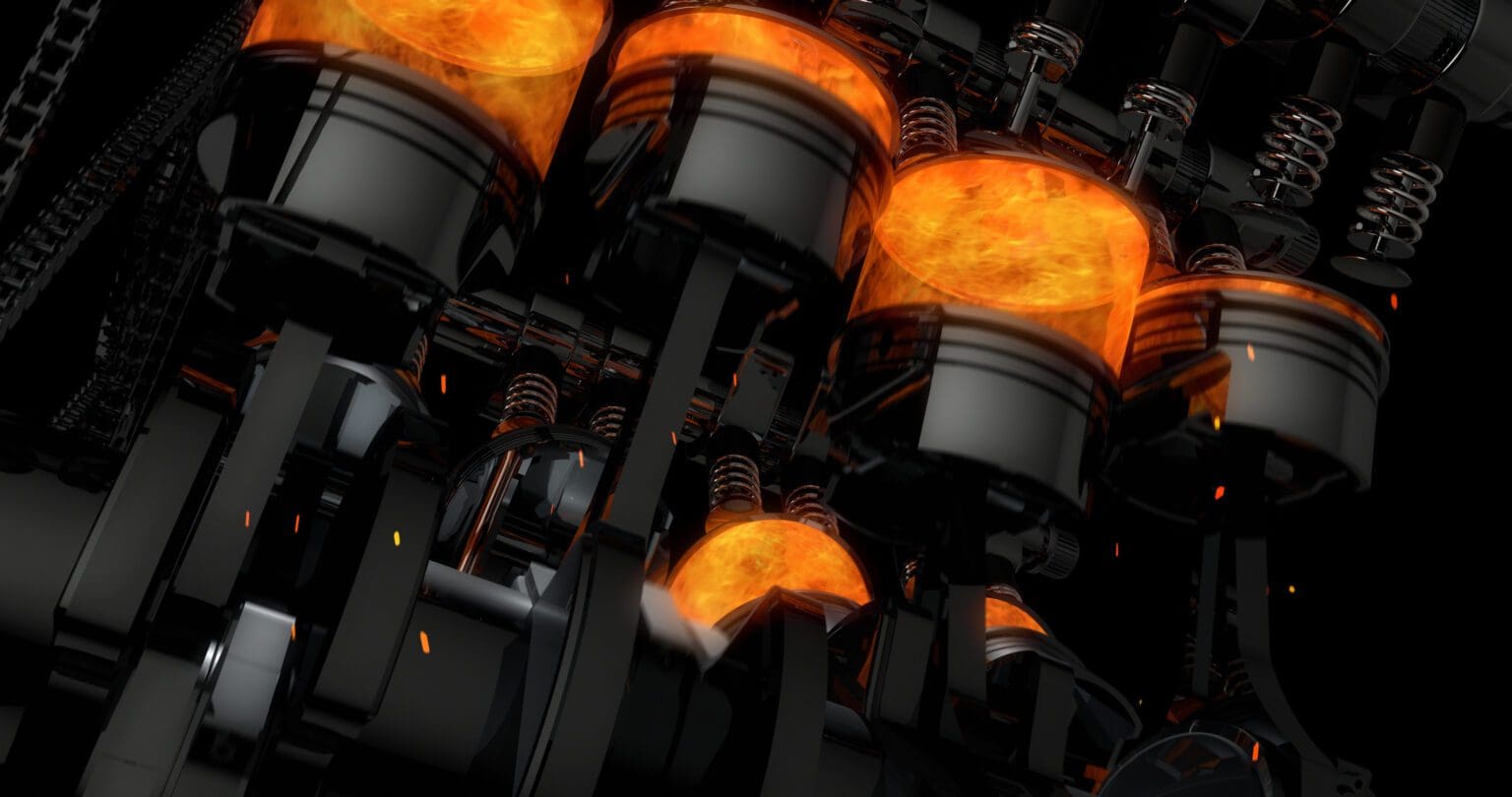
The European Commission and Germany announced a deal that will permit the sale of combustion-engine cars running solely on synthetic e-fuels beyond 2035. The final vote of the EU Council on the regulation took place on 28 March.
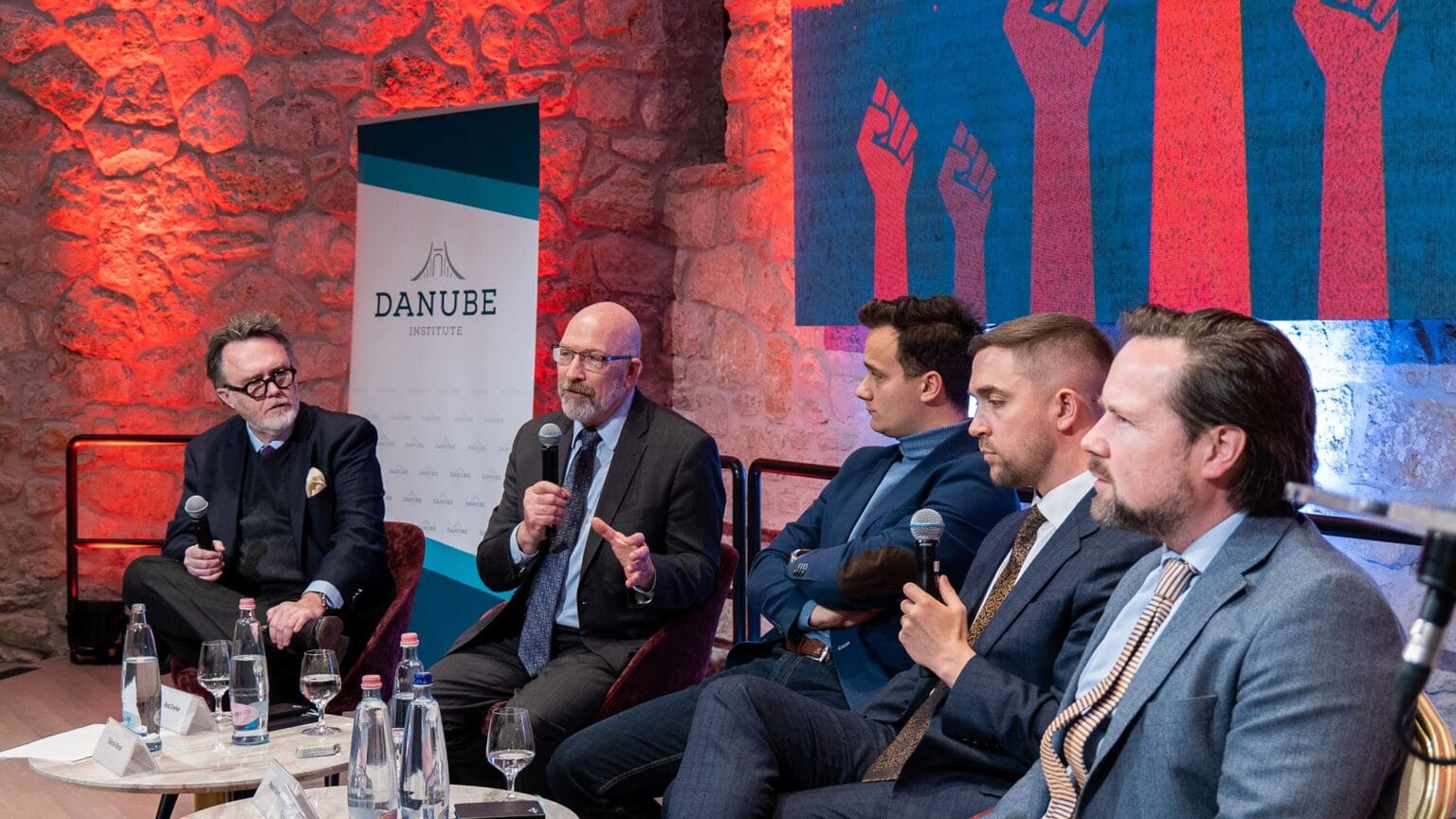
Chris Rufo also issued a warning to his Budapest audience: just because CRT would not fit in the Hungarian historical context, does not mean it cannot be successfully propagated here, as it is not a theory that is overly concerned with logical consistency.
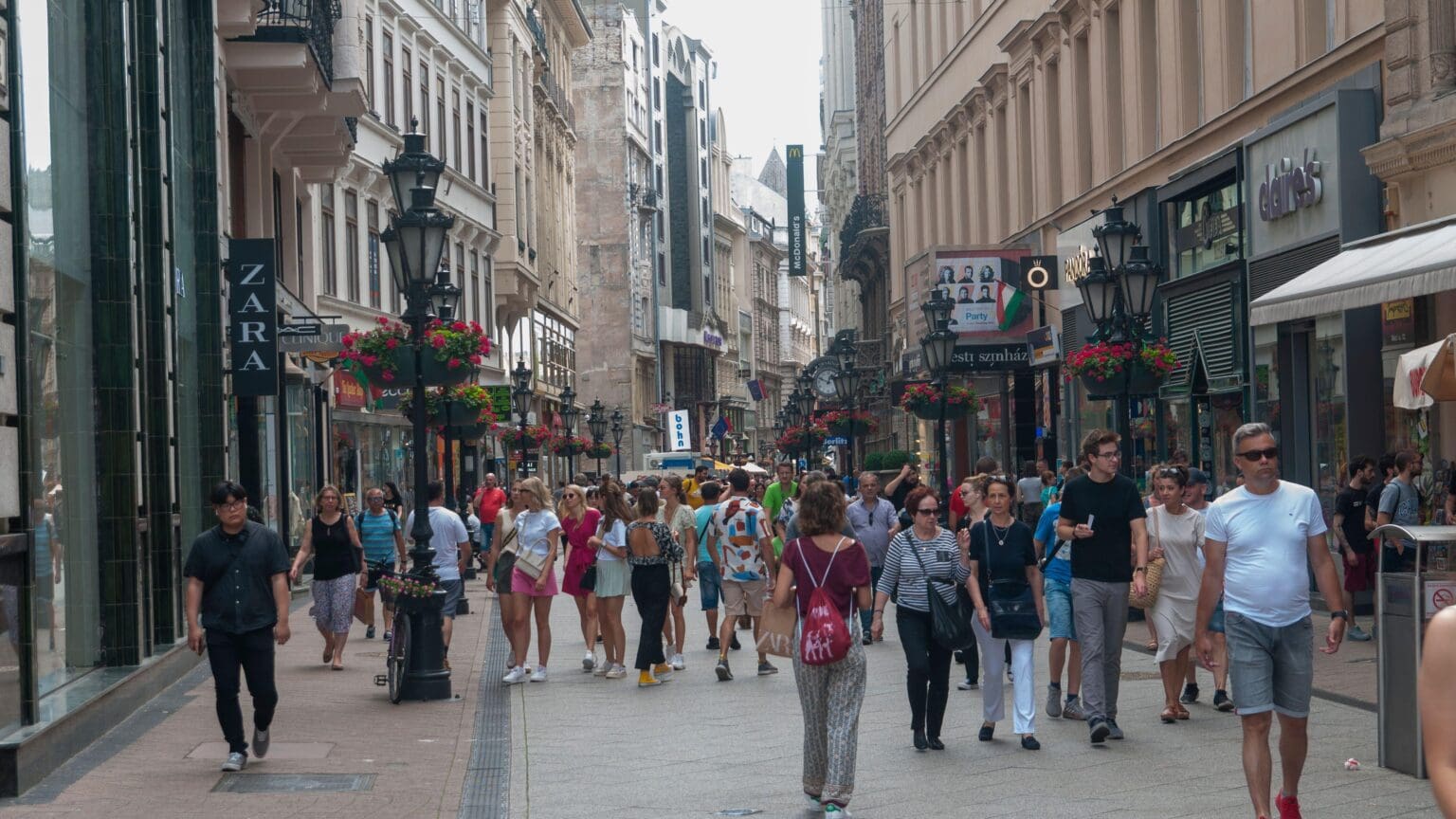
As far as social cohesion is concerned, Hungary made significant progress during the examined period: we improved by 16.9 index points in six years, which meant an advancement of five places (from 20th to 15th place). According to the Equilibrium Institute, we are primarily competing with the Finns and the Irish, with a score of 73.6.
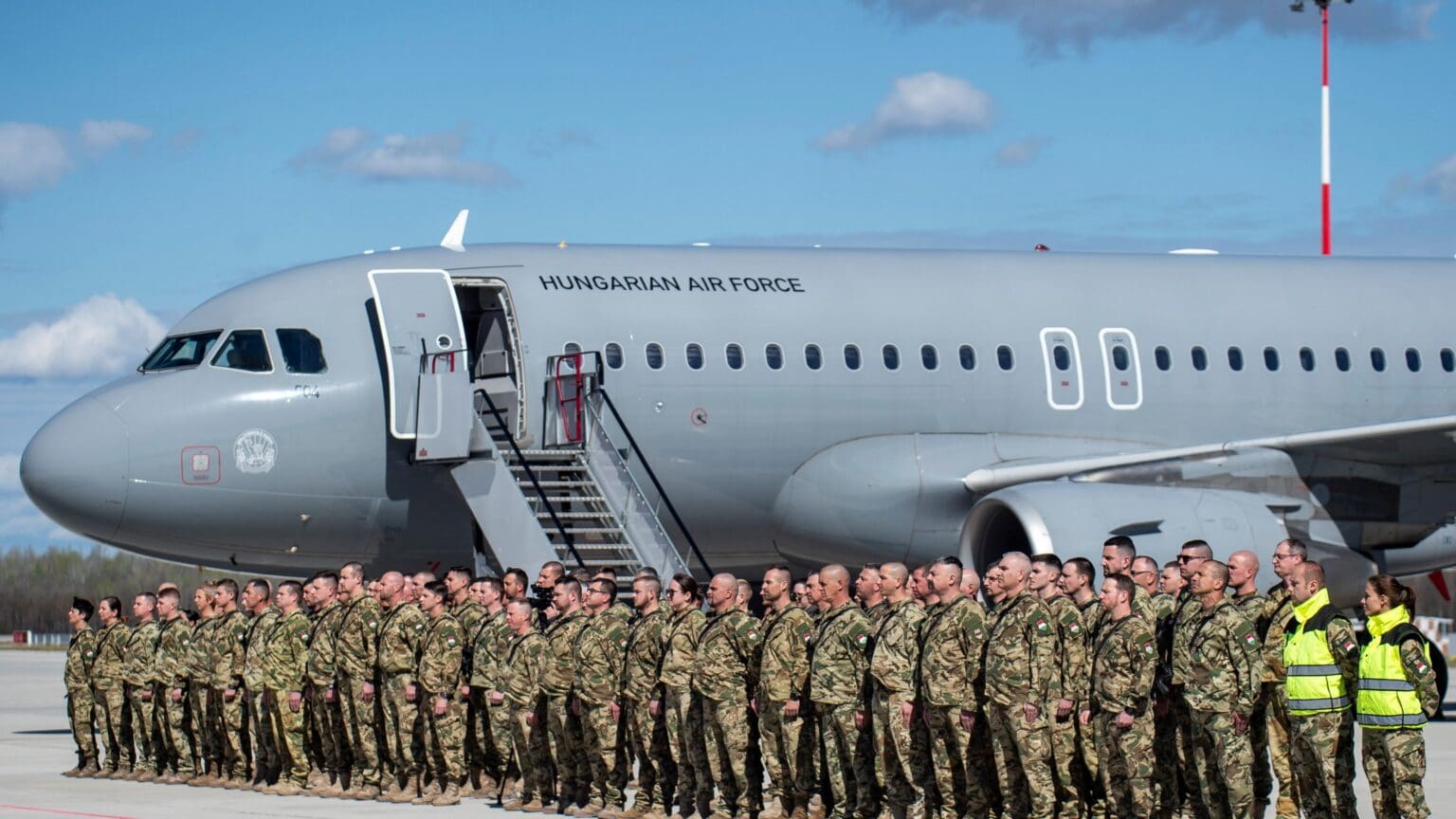
Hungary has always been on the side of peace, but the country needs strength and preparation for its defence, and it must participate in peace-supporting operations within the framework of alliances.
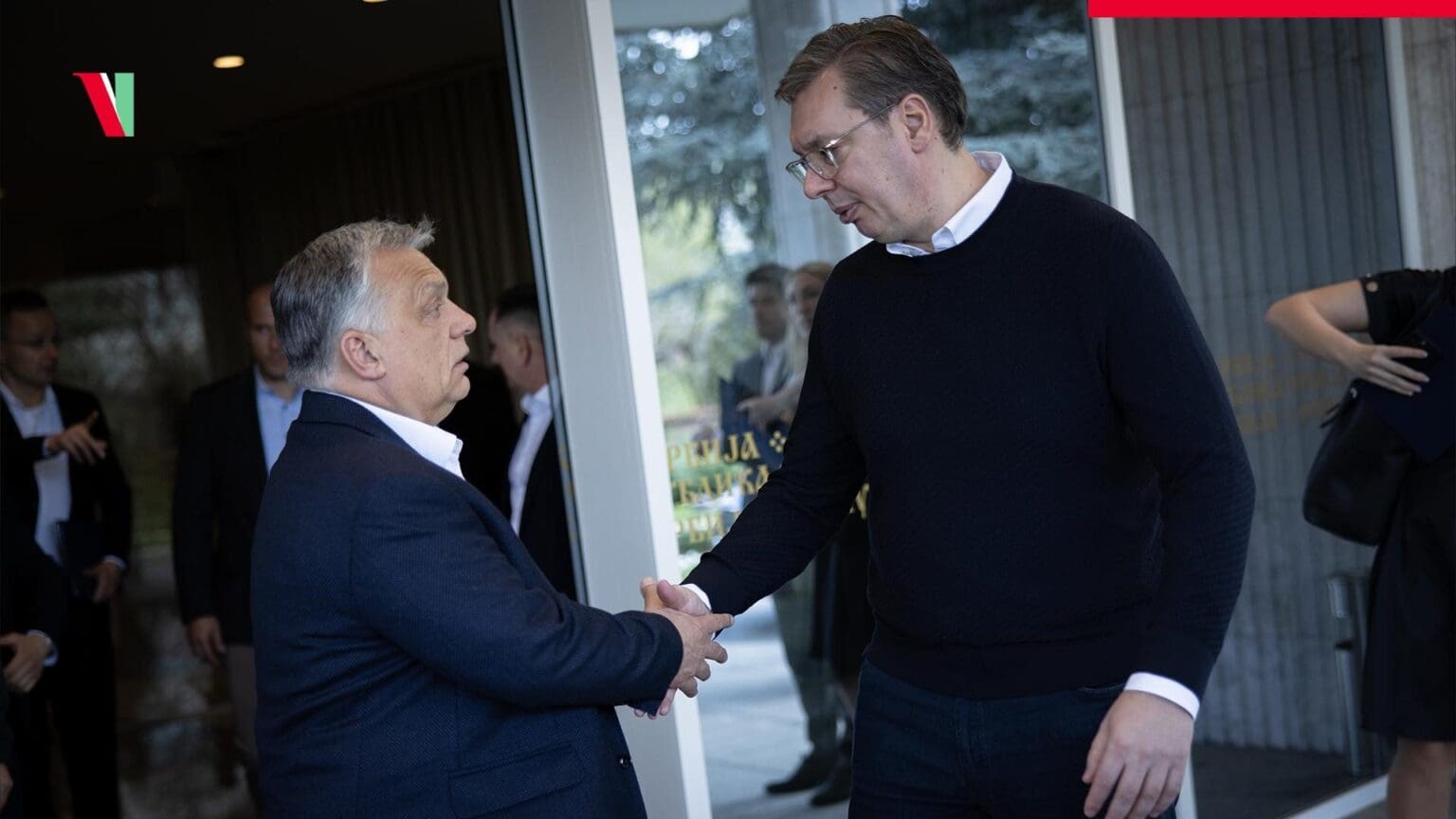
On Saturday, Prime Minister Viktor Orbán visited Belgrade, for talks with Serbian President Aleksandar Vučić.

‘We are waiting for Swedish government officials to reassure members of the Hungarian parliament; our goal is to support Sweden’s NATO accession with the largest possible parliamentary majority, similarly to Finland’s,’ the political director of the prime minister said.
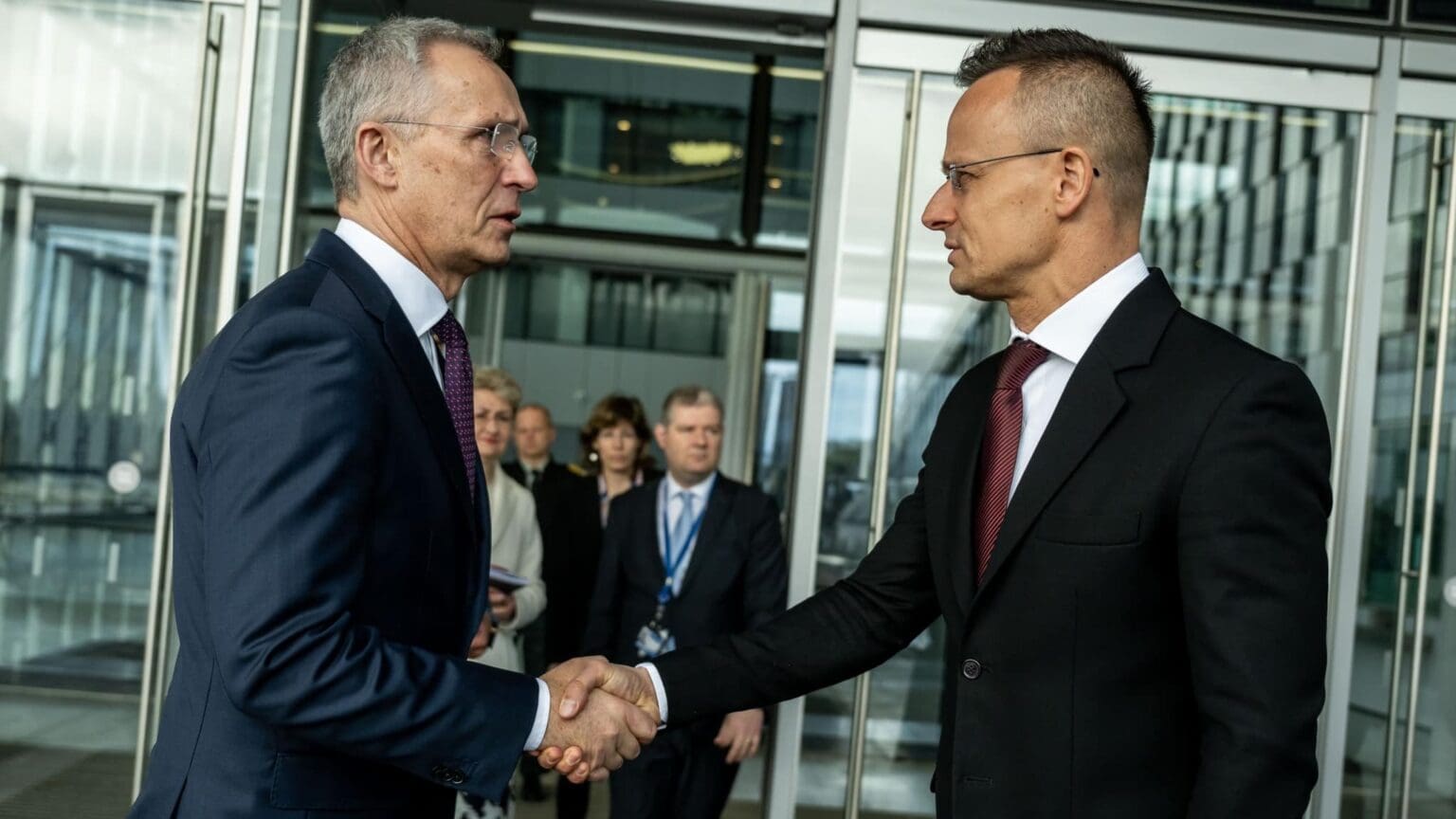
The NATO–Ukraine Foreign Ministers’ meeting will take place on 4–5 April in Brussels and it will not be a one-time event, NATO Secretary General Jens Stoltenberg said. He also added that Hungary’s concerns will be discussed.

Hungarian Conservative is a quarterly magazine on contemporary political, philosophical and cultural issues from a conservative perspective.